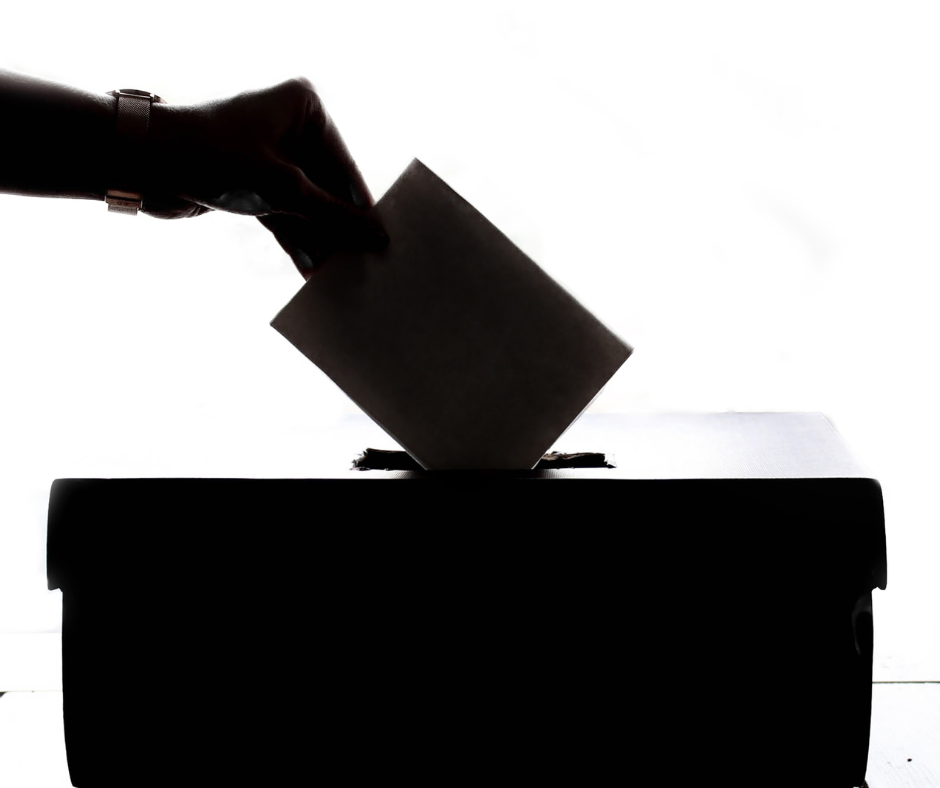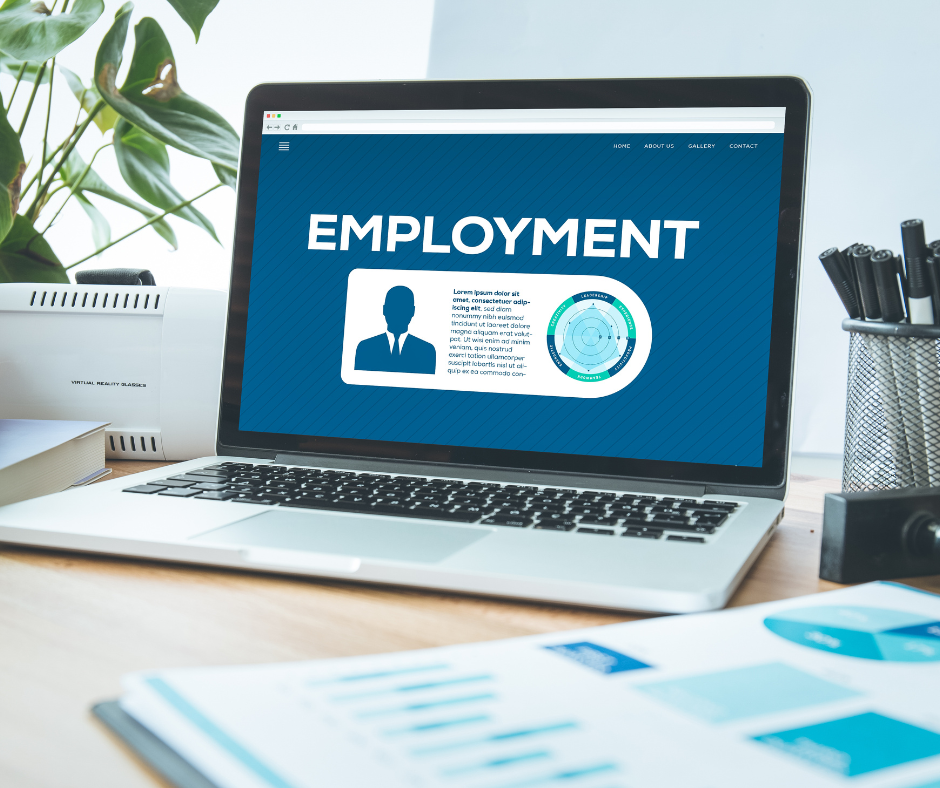Introduction: The Intersection of Freedom of Speech and Privacy in the Digital Age
In today’s connected world, social media has become one of the most powerful platforms for expression, activism, and communication. With billions of users worldwide, platforms like Facebook, Twitter, and Instagram allow people to voice their opinions, share their thoughts, and connect with others in ways that were once unimaginable.
However, while social media has revolutionized how we communicate, it has also raised critical concerns about freedom of speech and privacy rights. As we witness an increasing shift towards digital platforms for political discourse, social justice movements, and personal interactions, the line between free speech and the protection of individual privacy is becoming increasingly blurred.
This article explores the profound impact of social media on freedom of speech and privacy rights, delving into the challenges and urgency for both individuals and policymakers to address the risks and opportunities in this evolving landscape.
The Power of Social Media: Unprecedented Freedom of Expression
Social media provides an unprecedented platform for free expression. People can share their opinions, critique governments, voice support for causes, and engage in global conversations. This has allowed voices from marginalized communities, previously unheard, to speak up and demand change. Social media has democratized speech, allowing anyone with an internet connection to participate in public discourse.
For instance, movements like #MeToo and Black Lives Matter gained significant momentum due to the ability to reach large audiences through social media. These platforms have helped raise awareness about social justice issues, giving millions of people the freedom to share their stories, connect with like-minded individuals, and push for real-world change.
But, at what cost?
Despite these empowering aspects, the relationship between social media and free speech is far from straightforward. Social media platforms, operated by private corporations, often curate content through algorithms that can filter or suppress certain voices. In many cases, users are at the mercy of these platforms to decide what speech is acceptable and what isn’t. This raises the critical issue of censorship—one of the most significant threats to free speech in the digital age. The power of these platforms to control discourse, whether through removal of content or demonetization of certain views, can limit the true freedom of expression that social media once promised.
Privacy Rights in the Age of Social Media: A Growing Concern
While freedom of speech is vital, the right to privacy is equally important. With the rise of social media, individuals’ personal data is being constantly collected, stored, and often sold to advertisers or shared with third parties. This collection of personal information has led to increasing concerns about data privacy and security.
Social media companies track everything from user activity, location data, and preferences to browsing habits. This intrusion into personal lives raises the question of how much privacy individuals can expect in an era where everything is online and available for analysis. Users often unknowingly trade their privacy for the ability to use free platforms, leading to a disturbing compromise of privacy rights.
The 2018 Facebook-Cambridge Analytica scandal highlighted how social media data could be exploited without user consent, influencing political outcomes and violating the privacy of millions. As platforms like Facebook, Google, and Twitter store vast amounts of personal data, they have become ripe targets for data breaches, which put user information at risk.
The Urgency of Protecting Privacy Rights
The urgency for action on privacy rights has never been greater. Governments around the world are starting to take a closer look at the power social media companies have over personal data. But the pace of regulatory efforts often lags behind the rapid evolution of technology. The General Data Protection Regulation (GDPR) in Europe is one of the first comprehensive privacy laws to hold companies accountable for the data they collect, but there is still much work to be done globally.
Without stronger privacy protections, we risk allowing powerful corporations to exploit personal information for commercial gain or political influence, undermining fundamental rights in the process.
The Fine Line Between Free Speech and Harmful Content
Another critical challenge is the blurring of lines between free speech and harmful content. While freedom of speech is a fundamental right, there is a growing concern over hate speech, misinformation, and fake news that spread on social media. Social platforms, due to their vast reach, have become breeding grounds for extremism, political manipulation, and cyberbullying.
Governments and corporations are now tasked with finding the balance between protecting free speech and preventing harm. However, the question remains: Who decides what is harmful? Social media platforms often act as self-regulators, taking down content that violates their terms of service. But critics argue that this power can be abused, leading to biased censorship and the suppression of dissenting voices.
As a result, individuals may find their freedom of expression constrained by the platform’s policies, which may or may not align with the values of democracy and open discourse.
The Road Ahead: Solutions to Protect Free Speech and Privacy
In light of these challenges, there is an urgent need for action. Governments, civil society, and social media companies must work together to strike the right balance between freedom of speech and the protection of privacy rights.
1. Strengthening Legal Frameworks for Privacy Protection
Governments must implement stronger privacy regulations that ensure individuals’ data is protected and that users are fully aware of how their personal information is being used. Laws like GDPR in the EU should be adopted and enforced globally, ensuring that companies are held accountable for how they handle user data.
2. Promoting Transparent Content Moderation Policies
Social media platforms should adopt transparent and consistent content moderation policies. There should be clear guidelines on what constitutes harmful content and what falls under free expression, making sure that moderation does not become a tool for censorship or manipulation.
3. Educating Users on Their Rights and Responsibilities
One of the most important steps in protecting freedom of speech and privacy is education. Social media users need to be educated about their rights to free speech and privacy, as well as the risks involved in sharing personal information online. Empowering users with knowledge will help them make informed decisions about their online behavior and interactions.
4. Encouraging Ethical Practices Among Social Media Platforms
Social media companies must prioritize ethical practices when it comes to data collection, user privacy, and content moderation. Companies should be accountable to their users, ensuring that their platforms are not used for exploitation or harm.
The Urgency: Protecting Our Future Digital Rights
The time for complacency is over. As more of our lives move online, the battle for our freedoms—both in terms of free speech and privacy—will become even more crucial. We must act now to protect our digital rights and ensure that social media remains a platform for free expression, not exploitation.
The stakes are high. The future of freedom of speech and privacy rights lies in the balance. Will we empower individuals to speak freely and protect their privacy, or will we allow unchecked corporate control and governmental surveillance to dictate our digital futures?
Now is the time to act. Let’s demand a future where freedom of speech and privacy rights are respected, both online and offline. We cannot afford to wait any longer.






